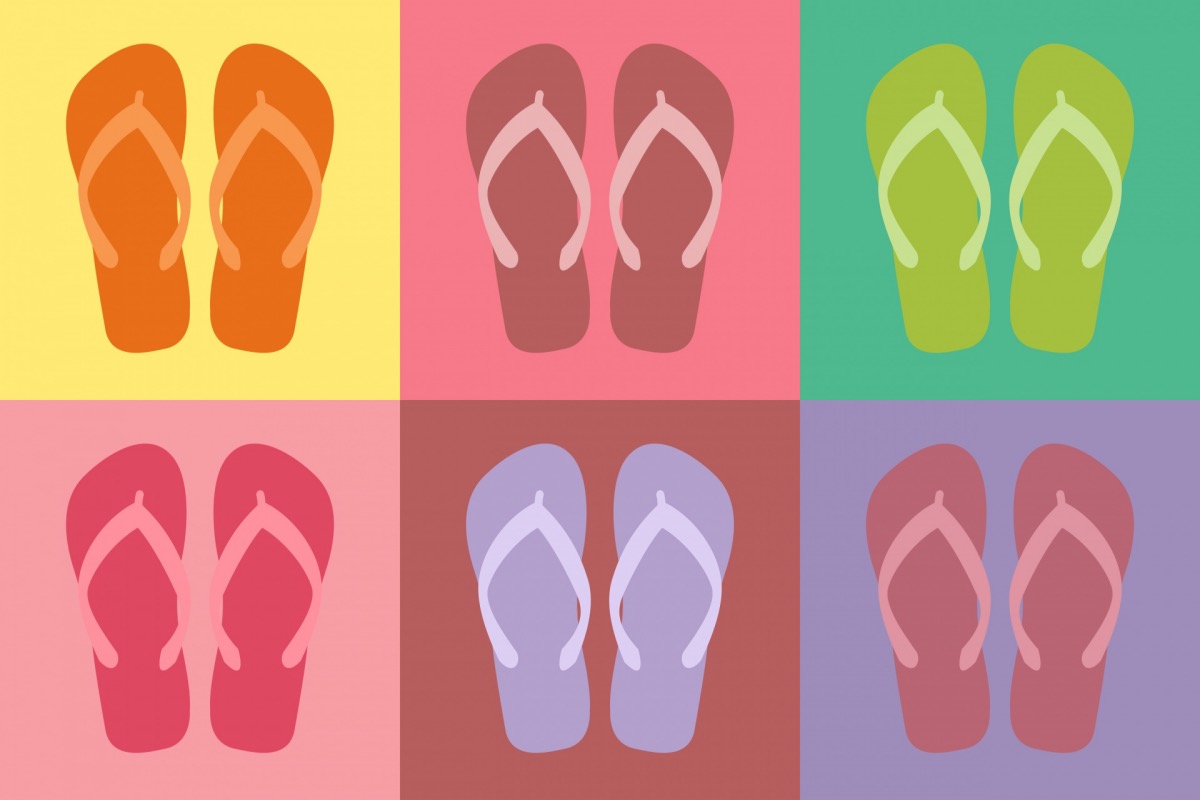If you’d asked me last month, I never would’ve thought J.Lo —yes, that J.Lo— and I had anything in common.
What would I, a regular woman from Mexico who has never made a movie, recorded a hit song, traveled on a private plane, or had Versace design a whole collection around me, know about the struggles that a Latina superstar faces on the daily? I mean, sure, we’re both Latina women, but as far as I knew, the similarities stopped there.
That all changed after watching her Netflix documentary, Halftime.
While the film focuses mainly on her halftime show at the Super Bowl LIV in 2020, it gave us brief insights into her private life as well: her upbringing in the Bronx, the beginnings of her career, her kids, and even her relationship with her family.
J.Lo talks about having a complicated relationship with her mother and even mentioned how her mom used to beat her when she was young. Then it hit me. This is it—this is what J.Lo and I have in common: we had been victims of the particular kind of physical abuse that more often than not passes as tough love, discipline, and the “Latino way” of raising children. We were raised with the constant threat of la chancla (slipper), el cinto (belt), or una nalgada (smack on the butt) to make us fall in line and behave when we were younger.
Most Latinos are familiar with the concept of La Chancla, even those lucky ones who never experienced it first-hand. It’s become such a cultural staple of the Latino community that we make jokes about it.
The truth, however, is that those of us who now make jokes about La Chancla have known the paralyzing fear that overcomes someone when their mom takes off her shoe.
While this particular form of discipline favored by many Latino parents has been the preferred method of raising children for generations, this doesn’t change the fact that it is a form of physical abuse—yes, abuse! I know it’s such a big word for what many of us see as a normal, even fundamental, part of the Latino experience, but let’s start by calling things what they are.
Physical abuse is normalized, and sometimes even romanticized, in the Latino community, and while it might seem like a minor issue to some, the truth is that it could have terrible consequences.
I grew up with an abusive mother. Her version of discipline didn’t just include a chancla or a cachetada (slap in the face) here and there, but left bruises that would last for days and insults that I struggle to let go of, nearly two decades later. What started as sporadic spankings eventually turned into full-blown abuse.
When I finally had enough and spoke up, though, most of my family sided with her. “She’s doing it because she loves you. That’s the way we raise our kids,” went one refrain. “You should be thankful that she cares about you enough to discipline you. You’ll be a better person for it,” said others.
They acknowledged my feelings but excused her actions—every single time. Even worse is the fact that we are not only expected to not complain, but we’re also expected to thank our parents for all those beatings and spankings, “because they made us better adults.”
No, we’re not better people because of the physical punishment—we’re better adults despite it. This form of discipline made us adults with trauma to deal with, cycles to break, and tons of toxic notions about parenting to unlearn. In any other scenario, thanking someone who physically abused us would be appalling, so why should Latino kids be expected to do so?
Don’t get me wrong. I adore my parents, and I’m sure that, for the most part, they did the best they could with the tools they had at their disposal. A big part of who I am now is because of the way they raised me, good and bad.
But I wasn’t made a better adult because of chanclazos and nalgadas. I’m a better person because I am aware of how noxious that part of my upbringing was. Even if we try to neatly package it as a form of love and discipline, abuse is still abuse. Just because that’s the way “we all got it” doesn’t mean it’s the way future generations should get it, too. We know better now, so we should do better.
La Chancla is one of those traditions from Latino culture that we’re better off leaving in the past.
***
Ces Heredia is Mexican writer and feminist whose work has appeared in InStyle and the Huffington Post. Twitter: @CesHeredia




[…] Source link #Latino #Culture #Stop #Normalizing #Child #Abuse #OPINION […]
Ces Heredia thank you for sharing this out as this NEEDS to be brought up more in our community. We Latinos must stop the cycle of abuse happening to our generations. This abuse is the root to why our brothers and sisters are joining gangs, using substances, not graduating high school, low self-esteem, etc. And I wish every Latino who was raised with these unfortunates to introspect their trauma and finally move forward.
I have recently come to terms that my parents were abusive and now at 34 I am dealing with the consequences. Abuse is not okay, it is not normal.